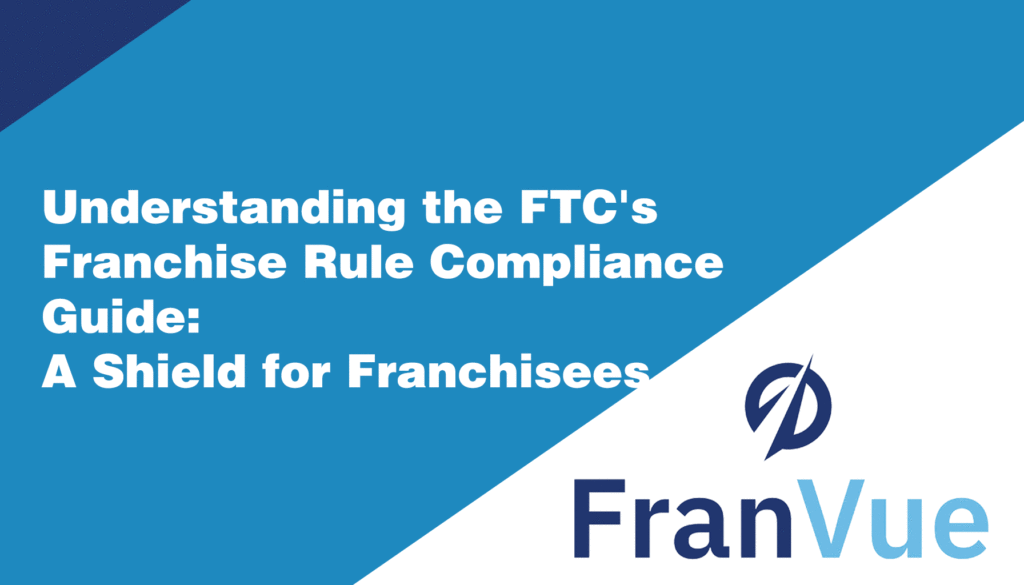The franchise business model has long been a staple of the American entrepreneurial landscape. Whether it’s fast-food chains, gyms, or service providers, franchises offer individuals a chance to run their own businesses backed by the power and support of a larger entity. However, this dynamic also opens the door to potential misrepresentations and misunderstandings. To ensure that prospective franchisees are making informed decisions, the Federal Trade Commission (FTC) established the Franchise Rule. In this article, we’ll break down the FTC’s Franchise Rule Compliance Guide and shed light on its pivotal role in protecting franchisees.
What is the FTC’s Franchise Rule?
Implemented by the FTC, the Franchise Rule mandates that franchisors provide all potential franchisees with a detailed disclosure document, commonly known as the Franchise Disclosure Document (FDD). This document should be provided at least 14 days before any contract is signed or money is exchanged.
Key Components of the Franchise Rule
The FDD is comprehensive and touches on various facets of the franchise operation:
- Franchisor’s Background: Details about the franchisor’s business experience and any litigation or bankruptcy history.
- Initial and Ongoing Costs: Complete breakdown of all fees, from initial investments to royalty payments and other recurring costs.
- Restrictions: Information about any restrictions on the goods and services the franchisee may offer.
- Obligations: Both the franchisor’s and franchisee’s obligations are laid out to ensure clarity on roles and responsibilities.
- Territorial Rights: Descriptions about exclusivity or potential competition in the franchisee’s designated area.
- Earnings Claims: If the franchisor chooses to provide information on earnings, it must have a reasonable basis and provide detailed documentation to back up any claims.
How Does the Franchise Rule Protect Franchisees?
- Informed Decision Making: By ensuring that franchisees receive comprehensive information upfront, they can make well-informed decisions. The 14-day window allows potential franchisees to review the FDD thoroughly, consult with advisors, and even compare opportunities.
- Prevents Misrepresentation: Franchisors are required to provide accurate and consistent information to all potential franchisees, reducing the likelihood of false promises or skewed earnings projections.
- Transparency in Financial Performance: If a franchisor chooses to disclose potential earnings, they’re held to strict standards, which protects franchisees from inflated or misleading projections.
- Clear Expectations: By outlining the obligations of both parties, the Franchise Rule minimizes ambiguities and sets clear expectations, leading to fewer conflicts in the future.
In Conclusion
The FTC’s Franchise Rule Compliance Guide acts as a safeguard for franchisees, ensuring they’re equipped with the information they need to make one of the most significant decisions of their entrepreneurial journey. For those considering stepping into the franchise world, it’s crucial to be aware of these protections, leverage them, and always seek counsel when navigating the intricate realm of franchise agreements. Remember, knowledge is power, and the Franchise Rule is designed to empower you, the franchisee.


